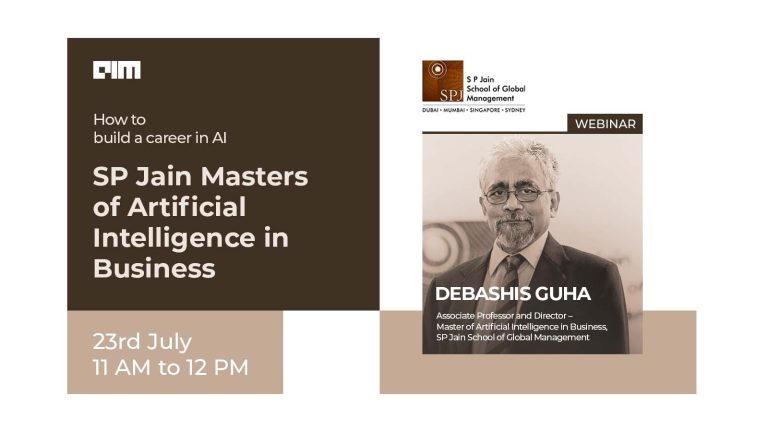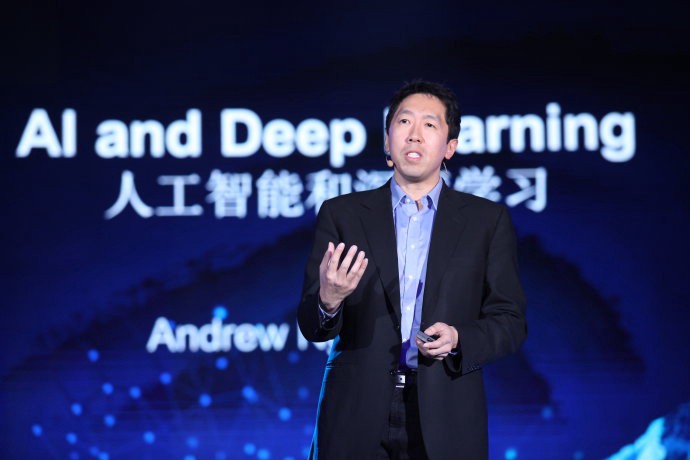|
Listen to this story
|
Amidst the swirling conversations about AI reshaping the global job landscape, a silver lining shines over India’s emerging cities. AI advancements are not just about displacing traditional roles but also about the creation of new opportunities, especially in regions that could greatly benefit from economic upliftment.
Take the bustling activity in India’s small towns, for example, where young graduates are becoming the backbone of AI’s evolution. These bright minds are the human force behind the algorithms, ensuring that LLMs learn, understand, and interact in nuanced and culturally relevant ways.
NextWealth is one such company that caters to the employment needs in these locales of India, and feeds enterprises’ need for data that is ready to use and easy to understand, particularly in data labelling, annotation of datasets, and testing of outputs.
Besides, it also takes upon the improvement of future AI systems with a continuous feedback loop and contributes to low-resource languages.
“The beauty of GenAI is that it allows people from remote areas to do these tasks,” Sridhar Mitta, NextWealth’s MD and Founder, said during an interview with AIM. Mitta was the CTO of Wipro for two decades in the 80s and 90s before venturing into NextWealth.
With a network of ten centres across India and a workforce of nearly 5,000 people, the company offers a range of services providing comprehensive support in AI/GenAI pipelines, from training and deployment to enhancement of these models. The company operates in key areas like computer vision and natural language processing and works with both structured and semi-structured data.
Offering a deep dive into the origins and evolution of the organisation that is reshaping employment opportunities in small towns, Mitta said, “We started our first centre near Salem, in a place called Mallasamudram, listing subsequent centres in Chittoor, Hubli, Bhilai, Mysore, Vellore, Pondicherry, Salem town, Jaipur, and Udaipur.”
“The idea was to identify services that fresh graduates from small towns could excel at,” he explained, laying the groundwork for NextWealth’s distinctive model. This model collaborates with entrepreneurs to establish private limited companies, ensuring efficient operations.
With ten established centres in small towns, NextWealth has employed nearly 5,000 individuals, with a commendable 60% representation of women in the workforce. “Our target is 70%,” he stressed.
Mitta also emphasised that they, “have been profitable from day one without having taken a single rupee in investment from investors or VCs.”
NextWealth supports desk-based end-to-end human evaluation in AI/GenAI pipelines for some complex applications, including labelling and annotation of datasets, testing of outputs, etc., while training an AI model. Moreover, “while deploying an AI model, evaluation, validation, and exception-handling in real-time and batch modes”.
Lastly, he underscored their contribution to model enhancement, explaining, “While enhancing an AI model, we help measure drift, bias, deterioration, etc.”
These roles create a new ecosystem of tech employment. These jobs are not just placeholders; but the building blocks of a robust AI infrastructure that requires a human touch.
Recruitment and Training
Founded in 2008 by Indian IT veterans like Anand Talwai, Mythily Ramesh, S R Gopalan, and Mitta, NextWealth’s hiring strategy focuses on fresh graduates, with 90% of their intake coming directly from colleges. “As long as a person’s attitude is right, we take them and train them for the processes we need,” the founder explained.
The company recruits individuals from diverse educational backgrounds, including those with degrees in arts and commerce. Their focus isn’t on the existing knowledge of these recruits but on their potential to grasp fundamental concepts and apply them in the tech-driven workspace.
Mitta stated, “The key is converting a given work for these people to do. NextWealth is doing that.” This philosophy is brought to life through specialised training programs, ranging from four weeks to six months, designed to equip employees with the skills needed for tasks such as annotating LiDAR-generated images.
These programs, developed by experienced technical personnel, have successfully transformed fresh graduates into proficient contributors despite an initial correctness rate of only 30%.
NextWealth’s workforce stands out for its positive attitude, low attrition rates (around 12% per annum), and meticulous attention to detail, exhibited by employees from small towns, with women often outperforming their male counterparts.
“A good thing about people from small towns is their attitude. And girls are even better at it compared to boys. Their attention to detail is impeccable,” said Mitta, also emphasising the importance of adaptability in technology.
An example of NextWealth’s impact is its collaboration with an identity verification company. In this project, for instance, documents submitted for mortgage applications would be sent to Europe for AI-based validation and then reviewed in real-time by a trained individual in Salem, India, who determines their legitimacy.
Nextwealth’s clientele list is extensive, featuring two of the major customers from Global Fortune 5 companies. “Ten of our customers figure in Global Fortune 100 companies. Overall, we have over 40 active customers, including several start-ups in India and the US in the AI/GenAI space,” Mitta said, highlighting their broad customer base.
What’s Next for NextWealth?
Mitta has set an ambitious goal to expand the company’s workforce to 10,000 people within two years, doubling its current strength of nearly 5,000 employees. He also outlined NextWealth’s vision to tackle more complex tasks and adopt a flexible working model.
“We are looking at a model to level-up to doing more complex things with less restrictive working,” he explained. During the pandemic, NextWealth seamlessly transitioned to a work-from-home setup without compromising metrics, a testament to the company’s robust quality processes.
Looking ahead, NextWealth is exploring hybrid work models to reduce the need for daily commutes. Mitta shared an innovative approach, “Let some people work from home and come to office just once a month. We set up a mini centre of 10 people, one manager, and one team lead.”
This strategy aims to maintain high productivity and security standards regardless of the employee’s location. He emphasised the importance of processes in enabling remote work, especially in small towns where working from home can be challenging due to environmental and infrastructural issues.
“For me, 5,000 people means 5,000 locations. Each is different,” he said, acknowledging the diversity of working conditions.
NextWealth has cracked the process of delivering consistent output across various work environments. “The model is simple. What we have been doing for the past 10 years is not much different from what you are doing now. The formula is to understand what customers need and convert that into smaller chunks of work, which a graduate can do,” Mitta elucidated.
Empowering Small Town Economy
While generativeAI is set to add over a trillion dollars to India’s economy over the next seven to ten years, there are many companies besides NextWealth, like Karya. This Microsoft-incubated firm works with the rural populace to collect data in regional languages and dialects on the brink of extinction.
Furthermore, several Indian enterprises such as iMerit, Trax Technology, InterGlobe, Scale AI, CloudFactory, and SmartOne excel in AI and ML-related services, particularly in the domains of data annotation and enrichment.
However, what sets NextWealth apart is that its core business is centred around offering employment opportunities in smaller towns.



















































































